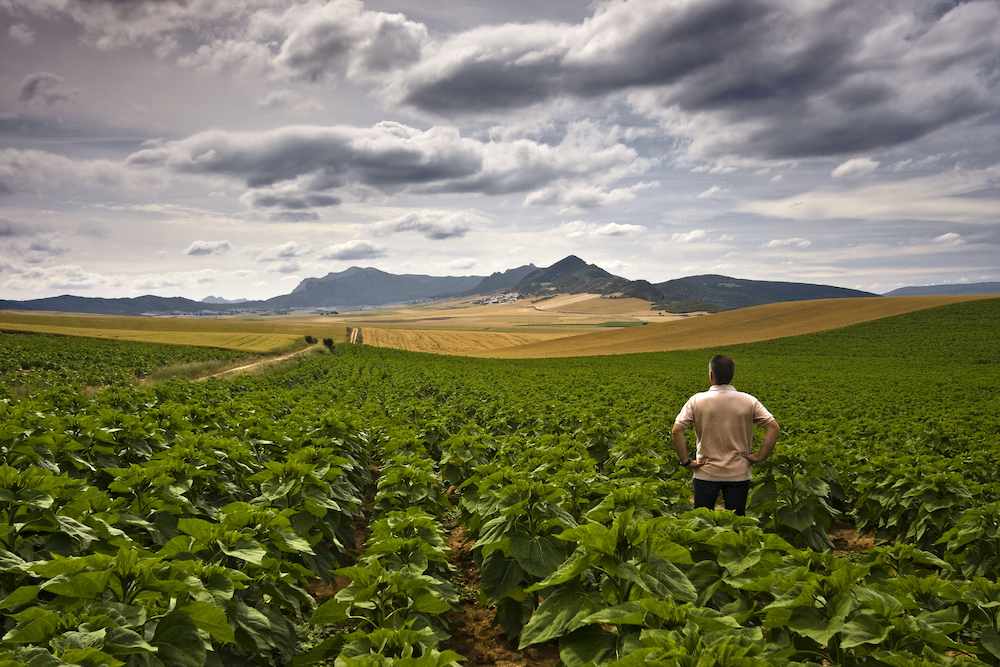Opinion: U.S. helps Pakistan's mango exports grow

By U.S. Agency for International Development (USAID) firms project value chain development leader Farrukh Mehboob Khan
 Whether it it is the succulent Sindhri or the delectable Chaunsa, Pakistan’s mangoes are favored across the globe for their superior taste and unique aroma. Despite being one of the leading producers of mangoes in the world however, the country is able to export less than 5% of its produce, owing mainly to market inefficiencies and lack of farmer knowledge about quality and hygiene standards to enable the product to be internationally competitive.
Whether it it is the succulent Sindhri or the delectable Chaunsa, Pakistan’s mangoes are favored across the globe for their superior taste and unique aroma. Despite being one of the leading producers of mangoes in the world however, the country is able to export less than 5% of its produce, owing mainly to market inefficiencies and lack of farmer knowledge about quality and hygiene standards to enable the product to be internationally competitive.
The sector contributes approximately US$150 million per year to Pakistan’s gross domestic product (GDP), while the estimated cumulative opportunity cost of market inefficiency for mango exports for 2006-2015 is US$674 million. This opportunity cost offers immense potential that can be converted into realizable gains for the country’s economy.
It was against this backdrop that the U.S. Agency for International Development (USAID) launched its program to help strengthen Pakistan’s mango sector in 2009. Program activities are focused on creating market linkages, developing on-farm infrastructure, assisting farmers achieve international certifications, and providing trainings on pre and post harvest practices. USAID has also worked towards developing the value chain for mango value added products in Pakistan, such as dried mangoes.
Farmers reap the rewards
Many farmers from the country’s mango-growing belt of south Punjab and Sindh have benefitted from the program and have achieved higher crop yields, improved fruit quality, and adopted better handling and packaging techniques that have enabled them to successfully market their product to international buyers and retailers. Through cost share agreements with farmers, USAID has helped set-up 14 on-farm mango pack house facilities, which also include processing lines, with another one to become functional by the 2012 mango season.
These processing lines are the first of their kind in the country, and have been a vital factor in boosting mango quality and enhancing shelf life. USAID has also aided farmers in installing blast chillers and cold storage equipment, de-sapping equipment, water filtration plants, ethylene generators, stand-by diesel generators, and provided plastic harvest crates.
Worldwide confidence
With increased consumer consciousness about food safety, compliance to GlobalG.A.P standards is critical to reassure consumers in the world market about how food is produced on the farm by minimizing detrimental environmental impacts of farming operations and ensuring a responsible approach to worker health and safety.
A total of 20 mango farms in Pakistan are currently GlobalG.A.P certified, of which 15 have achieved the certification as a result of USAID’s program. This coupled with other interventions will enable partner farms to access high-end export markets, reduce post-harvest losses by 10%, and increase yields by 15%. An additional 14 mango farms from across the country are set to acquire the certification by July 2012 through USAID’s assistance.
In addition to these two components that mostly target larger farms capable of producing high volumes, the project’s training program is designed to reach exporters, agriculture extension workers and a greater mass of small farmers in rural Punjab and Sindh to improve orchard care and harvesting techniques, and over 2,500 beneficiaries from over 1,000 firms have been trained so far.
The program has also assisted farmer participation in international fruit exhibitions and conducted buyer-seller meetings as part of its efforts to improve mango sales and create opportunities for employment. Market and feasibility studies for dried mango, part of the value addition activities, have been completed and four pilot dried mango facilities are expected to be completed by September 2012.
Employment growth
As a result of the program, 575 new full-time jobs have been created so far with another 580 expected by the end of the 2012 mango season. The increase in sales revenue of project assisted firms was US$4.35 million in 2011 (including 4,000 plus tons of exports to the Gulf, U.S., and E.U.), demonstrating a growth of 63% from the previous year. USD 19.7 million in additional revenues is expected for partner mango farmers by end of the 2013 mango season.
The project has also successfully completed six trial sea shipments (three each in 2010 and 2011), achieving a success rate of over 90% for Sindhri variety and over 70% for Chaunsa. These trial shipments have generated enormous interest among some of the leading international buyers, with potential orders of up to 800 tons of mangos.
Pakistan's mangoes are poised to be sold internationally, reaping greater rewards for farm owners and workers alike.







































